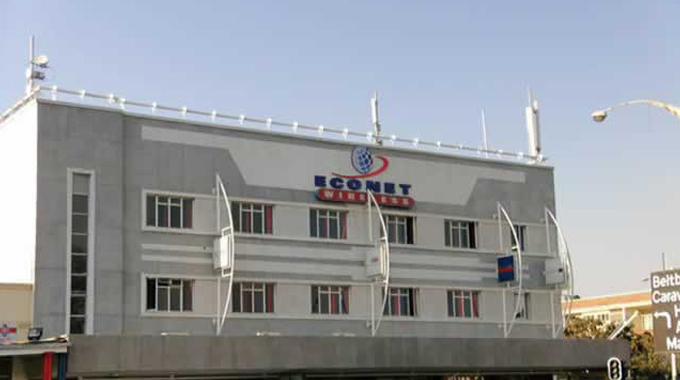ZimTrade calls on SMEs to embrace e-commerce

Business Reporter
THE national trade development and promotion agency, ZimTrade, has advised small to medium enterprises (SMEs) to develop and utilise electronic (e)-commerce platforms to continue supplying traditional markets and ensure survival despite the threat induced by Covid-19.
ZimTrade noted that with the coronavirus pandemic impacting the strongest economies of the world and increasing unpredictability, businesses are worried about the long-term effects this will have on the economy.
In its latest update, ZimTrade said Covid-19 has disrupted supply chains across the world and this was altering consumer behaviour, which will have an impact on demand of some products and services. “While the future is uncertain, the present has created better opportunities for businesses to ensure they survive and mitigate their losses.
“Therefore, it is more critical than ever for SMEs to develop long term strategies that could change the way they are doing business,” said the trade body.
“E-commerce platforms, which are digital representation for traditional marketplace where local and international consumers can browse and purchase products through the internet, have created avenues for small businesses to continue supplying their traditional markets.”
Furthermore, ZimTrade said e-commerce platforms have also made it possible for businesses that are quick to adapt and adjust to service new markets that have been created by reduced supplies from other suppliers.
It said a research conducted by the International Trade Centre (ITC) concluded that e-commerce was a lasting solution and a successful one that SMEs and startups in all sectors can adopt for their businesses to stay afloat.
Figures released by United Nations Conference on Trade and Development in 2019, indicate that global e-commerce sales were estimated at around US$29 trillion in 2017 and the number of online shoppers was estimated at 1,3 billion people.
Although the bulk of purchases were domestic transactions, the share of those buying from abroad rose from 15 percent in 2015 to 21 percent in 2017.
For businesses in developing countries, the use of e-commerce remains low and local companies still find it difficult to address trade imbalances – where goods from overseas seem to be easily accessible than those in another town.
The agency said there is, however, potential for SMEs to tap into global supply chains if they organise their presence and participation on e-commerce.
ZimTrade quoted ITC as saying: “The growth of e-commerce is a unique opportunity to open access to international markets for SMEs in developing and least developed countries.”
The potential of e-commerce to open international markets for SMEs means local small businesses must urgently consider setting-up platforms so that they remain relevant in the changing and competitive global economy.
This is because as consumer digital consumption goes up, companies who turn to e-commerce platforms have an endless supply of customers available to purchase their products online.
ZimTrade said in the current environment where movement of persons is restricted, e-commerce will undoubtedly bring the much-needed convenience that consumers prefer, considering they are able to digitally access products and are able to get these products delivered to their doorstep.
It said continued delay in setting up online sales channels would negatively affect the current and potential market share for companies as more consumers will gravitate towards conveniently available goods and services.












Comments